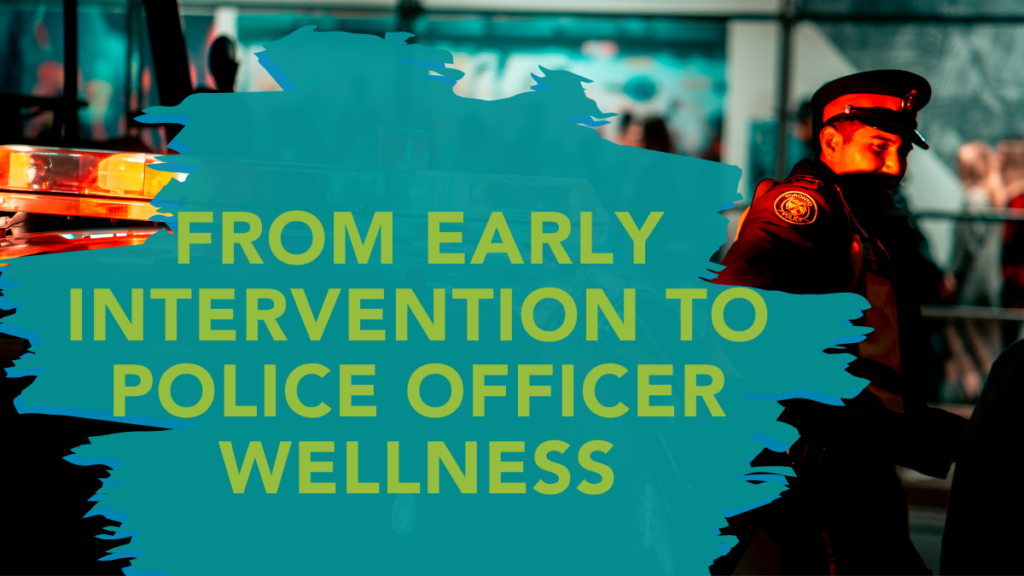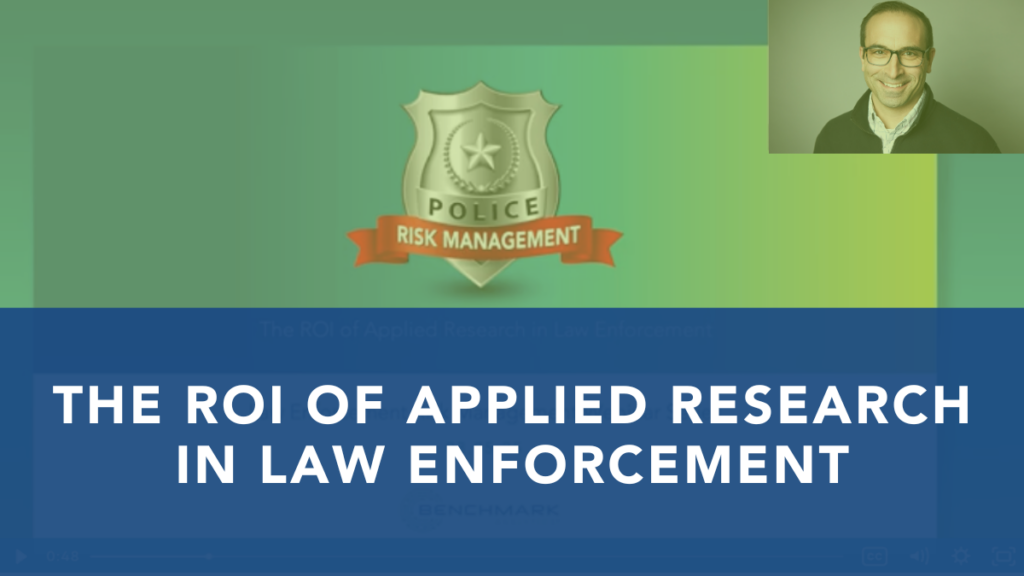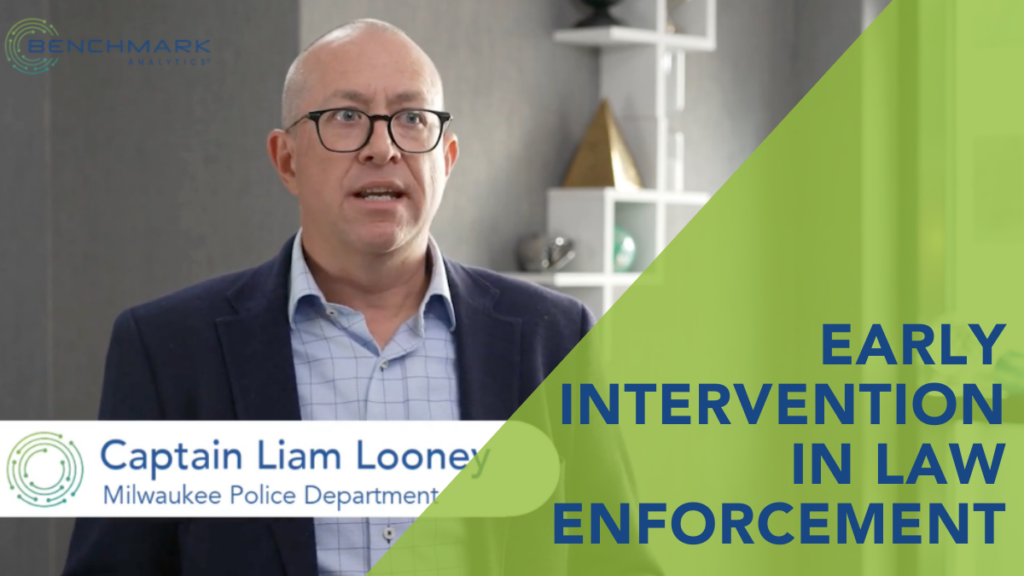Answering the Call for Community Policing
Posted
July 27, 2020
Share:
Across the board ‑ from municipal, state and national legislators to law enforcement and community leaders ‑ Community Policing is seen as an integral component for creating and fostering enhanced relationships between police departments and the constituents they serve. The International Association of Chiefs of Police recently shared that, “Community members are not merely the recipients of police services they are essential partners in maintaining public safety.”
It’s that very partnership that’s serving as the foundation for agencies and communities across the US to work cooperatively in developing or enhancing their individualized community policing programs. These initiatives have never been more important – or challenging – than they are today.
By understanding the fundamentals of community policing and engaging in community policing best practices . . . as well has having effective tools in place to implement recommended strategies, law enforcement agencies can answer the call for community policing.
What exactly does community policing mean?
U.S. Department of Justice, Community Oriented Policing Services (DOJ COPS Office), defines community policing as “a philosophy that promotes organizational strategies that support the systematic use of partnerships and problem-solving techniques to proactively address the immediate conditions that give rise to public safety issues such as crime, social disorder, and fear of crime.”

The DOJ COPS Office further explains that community policing requires agencies to become an integral part of the community, rather than solely a response force. This includes forming collaborative partnerships between the agency and community organizations, communicating with data that provides accurate and timely information, and engaging in proactive problem-solving together.
According to Police Chief Magazine, “Without a positive relationship with your community, your agency and its officers will not be able to collect valuable intelligence from community members, and it will be difficult to sustain your current policing efforts. Your agency may conduct very successful sweeps and arrests, but you won’t be able to endure this effort if your law enforcement agency does not engage and empower the community, key citizens, faith-based groups, and other active community groups. In addition, as chiefs and leaders, we have all experienced challenges and tough times in our careers. A positive relationship with your community will prevent or lessen those challenges because the community will be a source of support during tough times.”
Research has shown there is robust evidence that community policing increases satisfaction with police, opinions of police legitimacy, and citizen perceptions of disorder. Additionally, some communities have even shared that their approach to community policing has contributed to a decrease in crime. One agency in Virginia said that homicides decreased by 50 percent from 2016 to 2019, and the reduction was due to the community and police working together with a common goal. Another agency in Florida states that creating community outreach initiatives helped reduce crime incidents by over 20 percent from 2016 to 2019.
How do agencies create a community policing plan?
Developing a community policing plan can be a collaborative and valuable strategy for agencies. Effective plans reflect the priorities and perspectives of the community, establish clear implementation activities and designated outcomes, and communicate actions that contribute to the overall mission.
While it is important for agencies to create policies that are unique to the communities they serve, accreditation programs have developed standards that provide best practices for law enforcement — including standards on community policing. For example, the Commission on Accreditation for Law Enforcement Agencies, Inc (CALEA), has national community policing standards in Chapter 45 which includes standard 45.2.1 regarding partnerships. The standard states “The community involvement function provides the following, at a minimum a) establishing liaisons with existing community organizations or establishing community groups where they are needed; b) assisting in the development of community involvement policies for the agency; c) publicizing agency objectives, community problems, and successes; d) conveying information transmitted from citizens’ organizations to the agency; e) improving agency practices bearing on police community interaction; f) developing problem oriented or community policing strategies.”
The National League of Cities has also shared that there are thematic tenets local elected officials should consider when developing community policing plans. They include: 1) Foster trust; 2) Align policies with community values; 3) Embrace new technologies; 4) Prioritize community engagement; 5) Invest in training; 6) Remember to cultivate the wellbeing of officers.
To achieve the National League of Cities tenets, the association suggests that law enforcement agency training programs should “encompass the core values of the community policing philosophy” and that technology can “offer opportunities to build transparency, trust and legitimacy into day-to-day law enforcement operations.”
A good example of that would be the Benchmark Analytics Training Management System, which can help agencies deliver up-to-date training for every officer, in compliance with accreditation standards or guidelines established by the municipality or state.
What are next steps?
Community policing represents much more than a new future for law enforcement agencies, but the opportunity for communities and police to work hand-in-hand to solve problems, build mutual trust and respect and keep their neighborhoods safe.

To learn about how technology tools can help your agency with community policing, request to connect with a Benchmark Analytics representative here.
Related Posts
Ready to Experience the Benchmark Difference?
Benchmark Analytics and its powerful suite of solutions can help you turn your agency’s challenges into opportunities. Get in touch with our expert team today.



